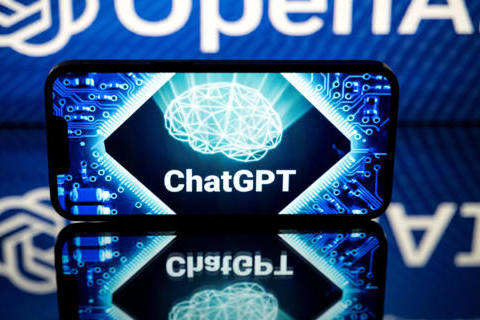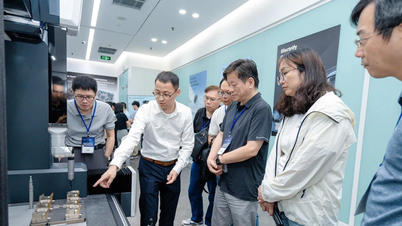
According to Bloomberg , Samsung informed employees of this decision on May 1. The company is concerned that data uploaded to AI platforms such as Google Bard and Bing is stored on external servers, making it difficult to retrieve and delete, and will eventually be disclosed to other users.
Last month, the South Korean electronics giant conducted a survey on the use of AI tools in its companies. 65% of respondents believed such services posed risks. In early April, Samsung engineers accidentally leaked internal source code when they posted it on ChatGPT. It’s unclear what the information contained.
Samsung representative confirmed the information about banning the use of generative AI services.
In a memo to employees, Samsung acknowledged that generative AI platforms like ChatGPT are gaining more traction. While they are convenient and effective, they also raise security concerns.
Samsung is the latest big name to express concerns about the technology. In February, just months after OpenAI’s ChatGPT chatbot took the world by storm, several Wall Street banks including JPMorgan Chase, Bank of America, and Citigroup banned or restricted its use. Italy also banned ChatGPT over security concerns, but recently overturned the ban.
Samsung’s policy prohibits the use of generative AI services on company-issued computers, tablets, and phones, as well as on internal networks. It does not affect devices sold to customers, such as smartphones and laptops.
Samsung requires employees using ChatGPT and other tools on personal devices not to send any company-related information or personal data that could reveal intellectual property. The company warns that violations will result in dismissal.
Meanwhile, Samsung is also developing its own internal AI tools for document translation and summarization, and software development. The company is looking to prevent employees from uploading sensitive information to external services. Last month, ChatGPT added an incognito mode to allow users to prevent their data from being used to train AI models.
(According to Bloomberg)

Source




























![[Photo] President Luong Cuong works with Hung Yen and Thai Binh Provincial Party Committees on implementing Resolution of the 11th Central Conference, 13th tenure](https://vphoto.vietnam.vn/thumb/1200x675/vietnam/resource/IMAGE/2025/6/6/127b735d2761484d81dcee0d7725a25b)


![[Photo] General Secretary To Lam receives Korean Ambassador to Vietnam](https://vphoto.vietnam.vn/thumb/1200x675/vietnam/resource/IMAGE/2025/6/6/a0765b7543784cbcbfe4755b67d43ab4)


























































![[OCOP REVIEW] Tu Duyen Syrup - The essence of herbs from the mountains and forests of Nhu Thanh](https://vphoto.vietnam.vn/thumb/402x226/vietnam/resource/IMAGE/2025/6/5/58ca32fce4ec44039e444fbfae7e75ec)











Comment (0)